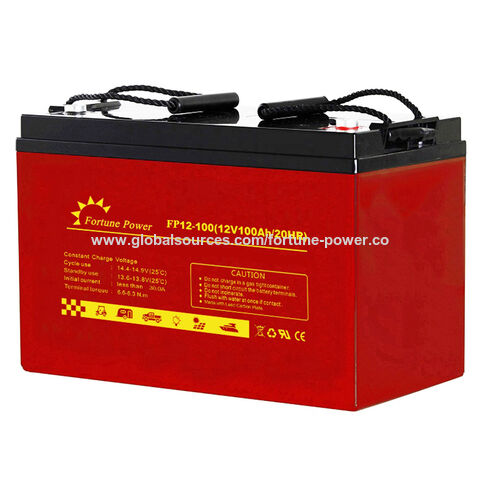10V Battery Safety: Best Practices for Use and Storage
When it comes to using 10V batteries, safety should always be a top priority. These batteries contain a significant amount of power, and if mishandled, they can pose a risk of fire, explosion, or other safety hazards. To ensure safe use and storage of 10V batteries, there are a few best practices that should be followed.
Following Manufacturer’s Instructions
First and foremost, it is important to read and follow the manufacturer’s instructions for the specific 10V battery you are using. These instructions usually include guidelines on how to charge, discharge, and store the battery safely. By following these instructions, you can minimize the risk of accidents and ensure that the battery performs at its best.

Temperature Safety Precautions
One key safety practice to keep in mind is to never expose a 10V battery to extreme temperatures. High temperatures can cause the battery to overheat and potentially catch fire, while low temperatures can affect the performance of the battery. It is best to store 10V batteries in a cool, dry place away from direct sunlight or heat sources.
Avoiding Overcharging and Overdischarging
Another important consideration is to avoid overcharging or overdischarging a 10V battery. Overcharging can cause the battery to become unstable and potentially catch fire, while overdischarging can damage the battery and reduce its lifespan. It is recommended to use a charger specifically designed for the type of battery you are using and to never leave the battery charging unattended for long periods.
Transporting 10V Batteries Safely
When transporting 10V batteries, it is essential to take precautions to prevent any damage or accidents. Always make sure that the battery is securely packed and insulated to avoid any short circuits. If you are traveling with the battery in a vehicle, ensure that it is properly secured and not at risk of being damaged by other items in the vehicle.
Handling Battery Leaks and Damage
In the event of a battery leak or damage, it is crucial to handle the situation carefully to prevent any harm. If you notice any signs of leakage, such as a strange odor or liquid coming from the battery, it is best to avoid touching the battery with bare hands and to dispose of it properly according to local regulations. It is also important to clean up any spills or leaks immediately to

prevent any further damage.
Keeping 10V Batteries Out of Reach of Children and Pets
Additionally, it is essential to keep 10V batteries away from children and pets, as they can be poisonous if ingested. Store batteries in a secure location where they cannot be accessed by curious hands or mouths. This will help prevent any accidents and keep everyone in your household safe.
Conclusion
By following these best practices for the use and storage of 10V batteries, you can ensure a safe and efficient experience with these powerful energy sources. Remember that safety should always come first when handling any type of battery, and taking the time to follow these guidelines will help protect both yourself and those around you.